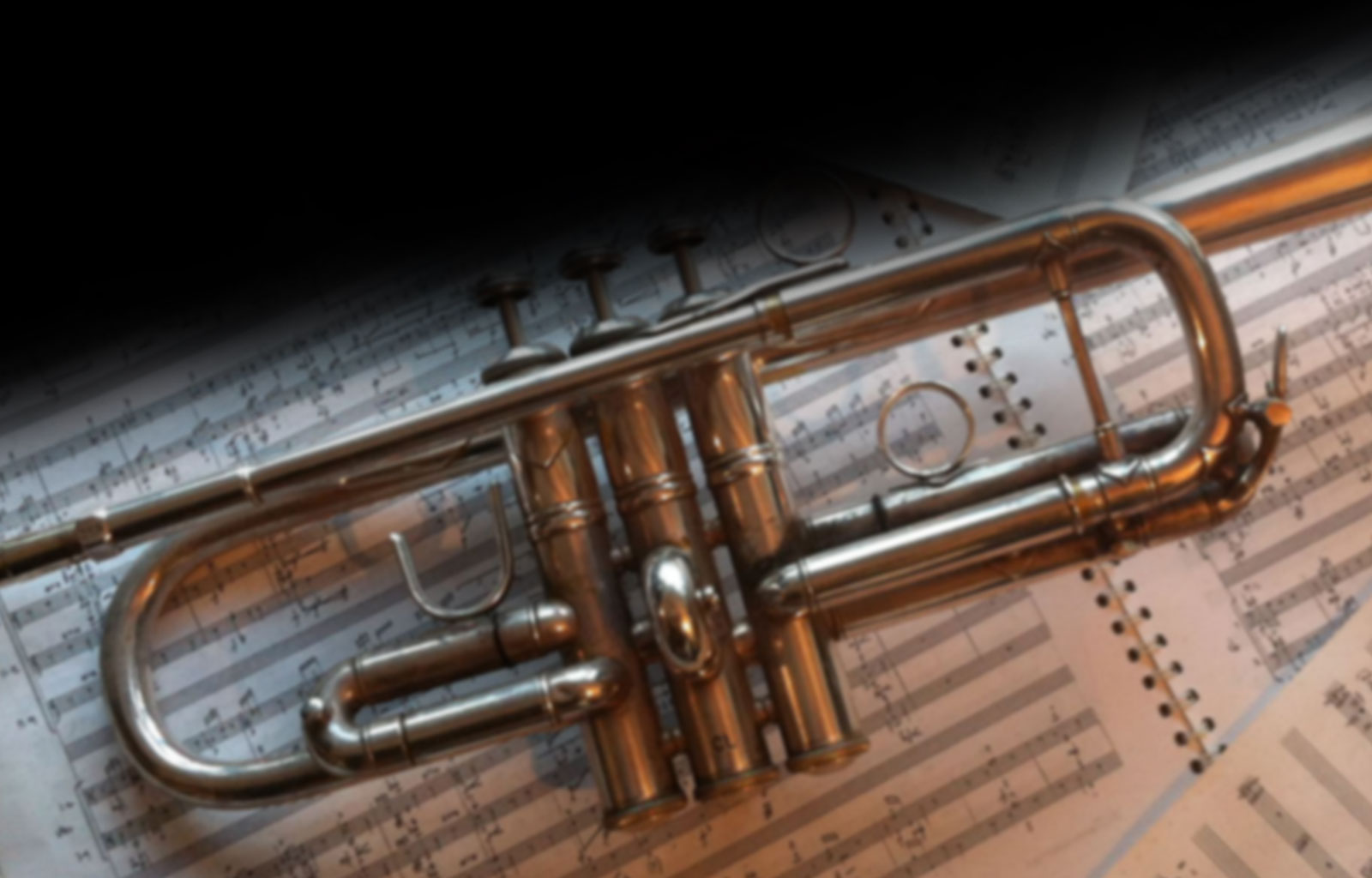Free-lancing in the era of Corona
(Summer 2020)
As we all know, the crisis surrounding the new coronavirus threatens to deprive musicians all over the world of the basis of their existence. Musicians like me, who are lucky enough to have permanent positions at institutions that can keep operating more or less normally, are the exception. Above all, freelance musicians, who anyway often lead a precarious existence, are affected by an extreme loss of income.
I ask you to reflect briefly on the role these people play in the world of music. Over the last 50 years, there has been enormous progress in the field of historical performance practice of 17th, 18th and 19th century music. Many musicians have also been intensively involved with the music of our time. These are just two of many possible examples of how music is flourishing outside of the most visible established concert and opera world.
In a way, these free-lance musicians have left the musicians of the well-subsidised orchestras free to deepen and refine solo and ensemble playing within the orchestra. In the case of older music, no one can deny that the work of freelance musicians has had a significant influence on the way established orchestras view and play music. Almost everywhere, music is played and sung very differently than it was 50 years ago - and we hear the music differently than we did then, also. The progress in understanding this music has not been made in large orchestras, nor usually in the academic institutions, but by freelance musicians who have spent their time and passion studying this music with openness and curiosity and discovering how it can speak to us better today. It was only through the commitment of these musicians that knowledge that is taken for granted today found its way into the established concert business.
As far as new music is concerned, the direct contact between highly committed performing musicians and composers fuelled the development of new and performable ideas. The experimentation that an orchestral musician or a successful soloist cannot afford in everyday life was driven by freelancers. This intensive and passionate engagement of some musicians with new musical ideas has, among other things, made it possible to defuse the confrontational attitudes of the 1970s between orchestras and composers.
I ask all those interested in music, whether in the audience, in politics or above all musicians in secure employment, to honour the work of freelance musicians and to support them as much as possible. There are some fundraising campaigns, but anyone who is in a position to support freelancers directly and engage them for challenging and well-paid projects should do so.
The future of music is at stake!
Stockhausen
Article not yet finished

